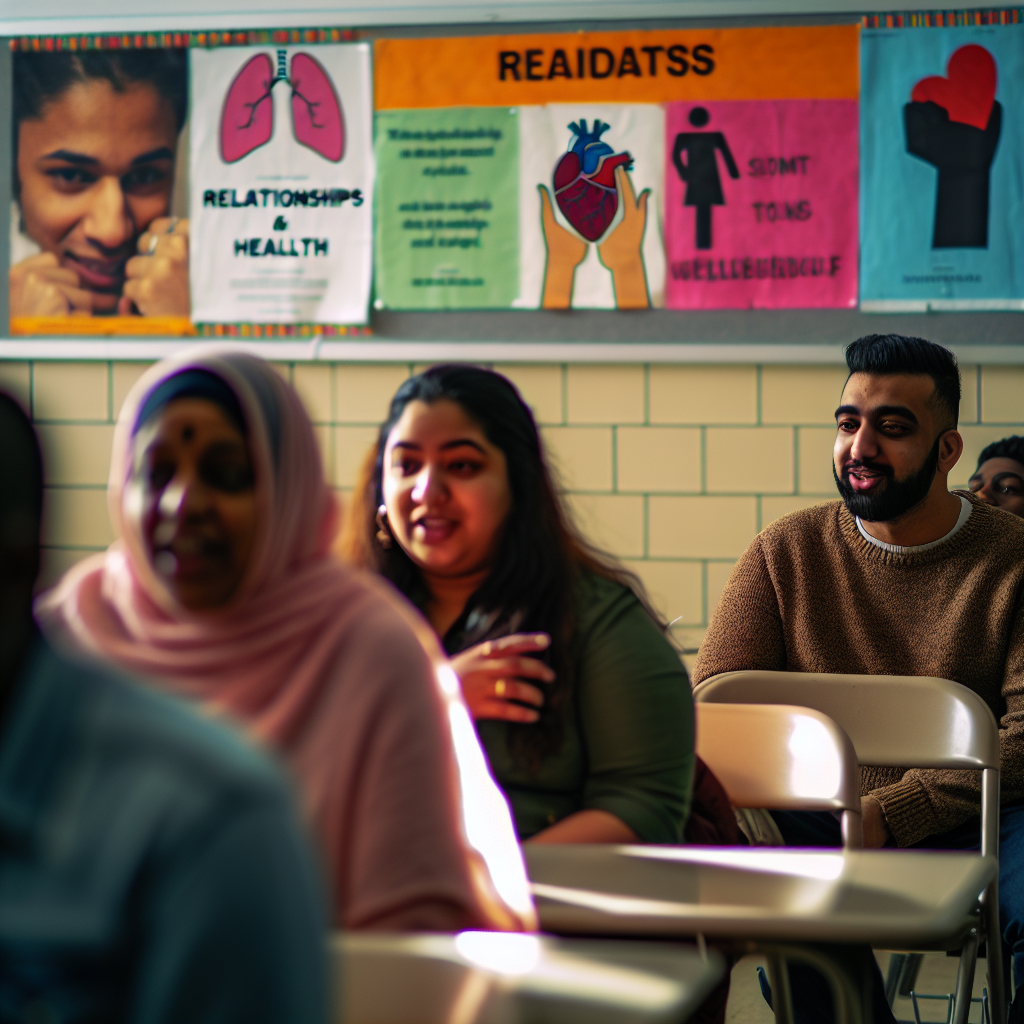Empowering individuals to foster healthy and respectful relationships starts with comprehensive education in sexual health, respect, and personal safety. This article delves into essential components such as contraceptive knowledge, emotional wellness, and the importance of understanding boundaries. By exploring various educational approaches, we’re paving the way for informed decision-making and enriched personal connections.
Foundation of Sexual Health Education
Sexual health education is instrumental in fostering informed decision-making and preventing sexually transmitted infections and unplanned pregnancies. An inclusive curriculum that delves into sexual anatomy, activity, and reproductive health empowers individuals with critical knowledge about their bodies and the implications of sexual choices. By promoting body awareness and understanding of contraception, these programs cultivate health-conscious intimacy and personal health care. This foundation encourages young people to prioritize safe relationships, articulate their boundaries, and care for both their own and their partners’ health and well-being.
Fostering Respectful Relationships
Respectful relationships are characterized by mutual trust, open communication, and a commitment to emotional and physical safety. Programs like those by Our Watch play a crucial role in fostering behavioral change among young people, emphasizing the importance of respect and equality in interactions. These initiatives provide tools to recognize unhealthy dynamics, educate on consent, and develop communication skills, ultimately aiming to prevent violence. By nurturing awareness and understanding of boundaries, young people can cultivate connections grounded in respect and care, essential for healthy intimacy.
Empowering Through Contraceptive Knowledge
Access to contraceptive knowledge is vital for informed decision-making in personal health care. Understanding options like the combined oral contraceptive pill not only enables individuals to take control of their reproductive health but also fosters autonomy and empowers informed choices regarding intimacy. Expanded contraceptive education encourages self-awareness and responsibility in relationships, facilitating safer connections. When individuals are well-informed, they can engage in respectful dialogues with partners about boundaries and expectations, enhancing mutual trust and promoting healthy, consensual intimacy.
Emotional Wellness and Care in Relationships
Emotional wellness is foundational in fostering healthy and respectful relationships. It significantly influences relational satisfaction and personal happiness, shaping how partners communicate and connect. Individuals who prioritize emotional care can better navigate conflicts and express their needs, fostering trust and collaboration. Recognizing and validating each other’s feelings enhances closeness while creating a safe space for vulnerability. Incorporating emotional wellness practices encourages thoughtful connection, ensuring that both partners feel respected and valued, which enhances overall well-being in the relationship.
Understanding Body Awareness and Boundaries
Understanding body awareness and boundaries is essential to cultivating respectful relationships. Educational initiatives that focus on these concepts empower individuals to recognize their own bodies and understand the importance of personal space. Programs often include safe touch awareness, which helps to establish clear guidelines for physical interactions.
By promoting body awareness, individuals can make informed decisions about their personal health safety. Knowledge of boundaries fosters trust and communication, enhancing emotional wellbeing in relationships. Ultimately, these educational efforts create a foundation for caring connections built on mutual respect and understanding.
A Sweet Ending
Safe and respectful relationships are foundational for personal contentment and societal wellbeing. Through effective education, individuals can make informed choices about intimacy and maintain emotional and physical wellness. By emphasizing trust, communication, and knowledge, individuals and communities can cultivate enduring, healthy relationships.






Leave a Reply